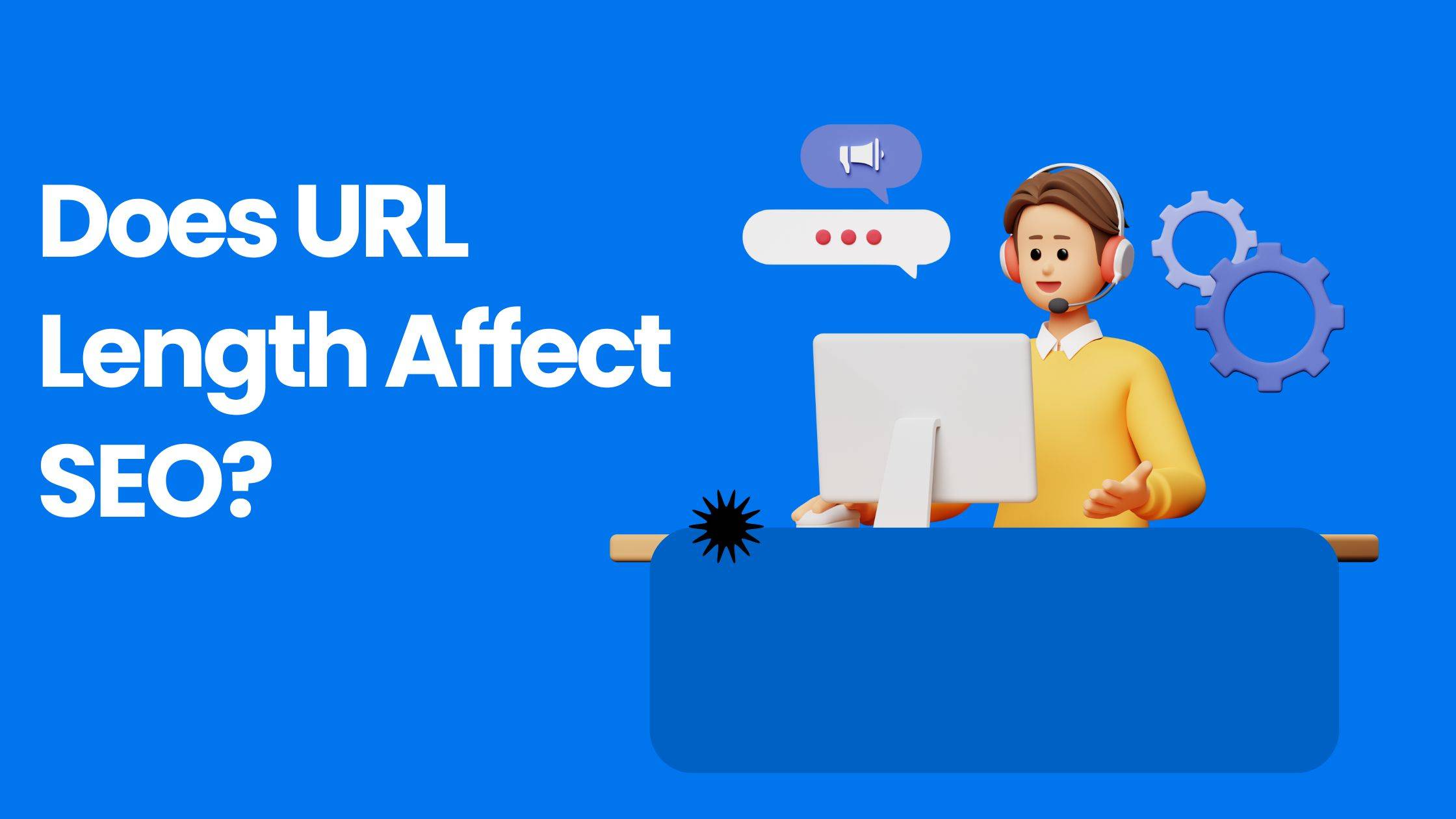Does the length of a URL really influence SEO? Short URLs might appear cleaner, but do they help search rankings? Google’s John Mueller provides clarity.
Many believe Google favors shorter URLs over longer ones, but that’s a persistent SEO myth. The real question is when, if ever, URL length actually matters.
In a recent Ask Googlebot video on YouTube, Mueller addressed this query:
“Do shorter URLs actually make an impact compared to long URLs, or is this just another SEO myth?”
His answer reveals that URL length isn’t the deciding factor some assume. However, there is one instance where it can have an effect.
John Mueller on URL Length
According to Mueller, URL length itself does not influence rankings—except in one specific case.
As a personal practice, he recommends keeping URLs under 1,000 characters to simplify data tracking. This aligns with guidance he first shared in 2019.
The only part of Google’s systems where URL length can matter is during canonicalization.
When multiple similar URLs contain the same content, Google merges signals from those pages into a single URL, known as the canonical URL, which appears in search results.
When deciding which version to display, Google may take URL length into account as one of the factors.
Mueller makes it clear that canonicalization is unrelated to rankings.
In summary, while URL length might influence how snippets appear in search results, it does not impact search rankings.
When Mueller references slashes in URLs, he addresses another common SEO myth—the idea that flat URL structures rank higher.
Some website owners shorten URLs by removing levels in the path, believing it will boost rankings. For example:
homepage.com/blog/blog-title
is changed to:
homepage.com/blog-title
According to Mueller, this effort is unnecessary. A flat URL structure offers no ranking advantage.
FAQ’S
1. Does a shorter URL rank higher on Google?
No. Google does not use URL length as a direct ranking factor. A shorter URL may look cleaner and be easier to share, but it doesn’t automatically boost rankings.
2. What is the ideal URL length for SEO?
There’s no strict limit, but many experts—and Google’s John Mueller—suggest keeping URLs under 1,000 characters for easier management and tracking.
3. Can a long URL hurt my search rankings?
Not directly. A long URL might be harder for users to read or remember, but it won’t reduce rankings unless it causes technical issues like crawling errors.
4. Does a flat URL structure improve SEO?
No. Flattening a URL structure (removing folders or slashes) provides no ranking benefit. Google treats nested and flat structures the same.
5. How does URL length affect canonicalization?
When Google selects a canonical URL among duplicates, length can be one of many minor factors in the decision—but it doesn’t influence ranking positions.
6. Are keywords in URLs still important?
Yes, having relevant keywords in a URL can help users and search engines understand the page topic, but keyword placement matters more than overall length.
7. Should I change existing long URLs for SEO reasons?
Generally, no. Changing URLs can break links and cause redirect issues. Only update them if there’s a clear user or structural benefit.




